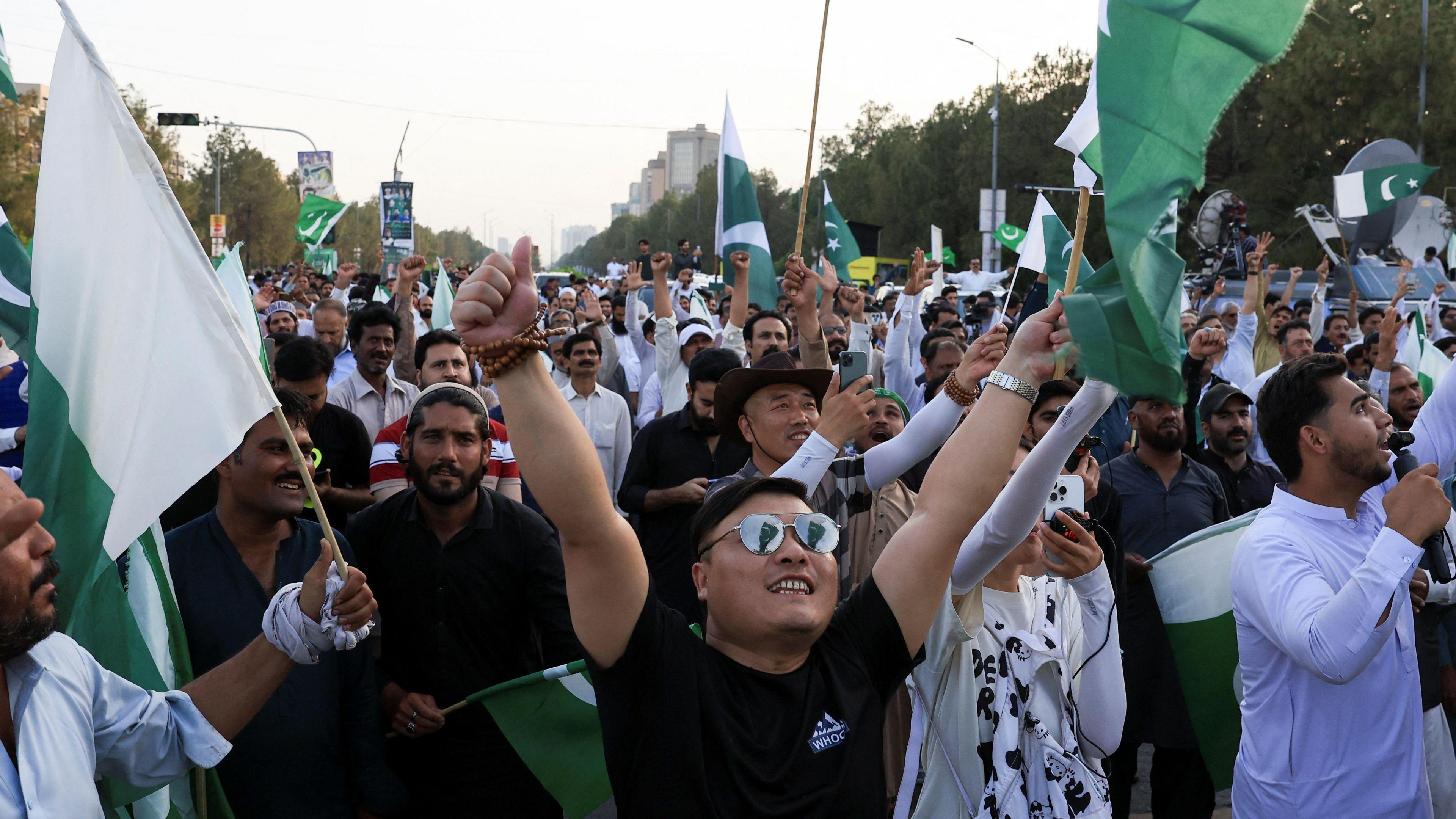Pakistan’s Economy Projected to Become World’s 6th Largest by 2075: A Promising Future Amid Challenges
Pakistan is on track to become one of the world’s largest economies by 2075, with projections placing it as the 6th biggest economy globally, according to a comprehensive research report by Goldman Sachs titled The Path to 2075. This forecast envisions Pakistan’s real GDP reaching approximately $12.3 to $12.7 trillion, with a per capita GDP of around $27,000, marking a dramatic rise from its current economic standing.
Strategic Location and Demographic Advantage
Pakistan’s strategic location at the crossroads of South Asia, East Asia, Central Asia, and the Middle East positions it uniquely as a gateway to a consumer base exceeding 40% of the global population and an import market valued at over $2 trillion. A key driver behind Pakistan’s projected economic ascent is its relatively high population growth, which is expected to sustain a large and youthful labor force over the coming decades, unlike many aging economies worldwide.
Key Drivers of Growth
The Goldman Sachs report highlights several factors critical to Pakistan’s economic rise:
- Demographic Dividend: Pakistan’s growing and youthful population can fuel labor supply and domestic consumption, boosting economic output.
- Policy and Institutional Reforms: The realization of this potential hinges on implementing sound economic policies, strengthening institutions, improving governance, and fostering innovation.
- Infrastructure and Human Capital Development: Investments in energy, transportation, digital connectivity, education, and vocational training are essential to enhance productivity and attract foreign investment.
- Trade and Global Integration: Expanding trade ties and diversifying exports will be vital for sustained growth.
Challenges and Risks
Despite the optimistic outlook, the Goldman Sachs economists caution that several risks could derail this trajectory. Environmental challenges, particularly climate change impacts, pose a significant threat given Pakistan’s vulnerability to natural disasters. Additionally, rising populist nationalism and protectionist policies globally could disrupt trade and investment flows, affecting growth prospects.
Political instability, governance issues, and the need to address socio-economic inequalities remain persistent hurdles. The country’s dependency on external lending and aid, coupled with recurring economic crises, underscores the importance of stable and visionary leadership to capitalize on growth opportunities.
Global Context
By 2075, the global economic landscape is expected to be dominated by emerging economies, with China, India, the United States, Indonesia, and Nigeria leading the pack. Pakistan’s rise to the top 6 economies reflects broader trends of economic convergence in Asia and Africa, driven by demographic shifts and technological adoption.
While the path to becoming the world’s 7th largest economy is fraught with challenges, Pakistan’s demographic potential and strategic location provide a strong foundation for future growth. Achieving this vision will require sustained policy reforms, investment in human capital and infrastructure, and effective governance. If these conditions are met, Pakistan could emerge as a major global economic player by 2075, reshaping its role on the world stage and offering new opportunities for its people and investors alike.

Comments
Post a Comment